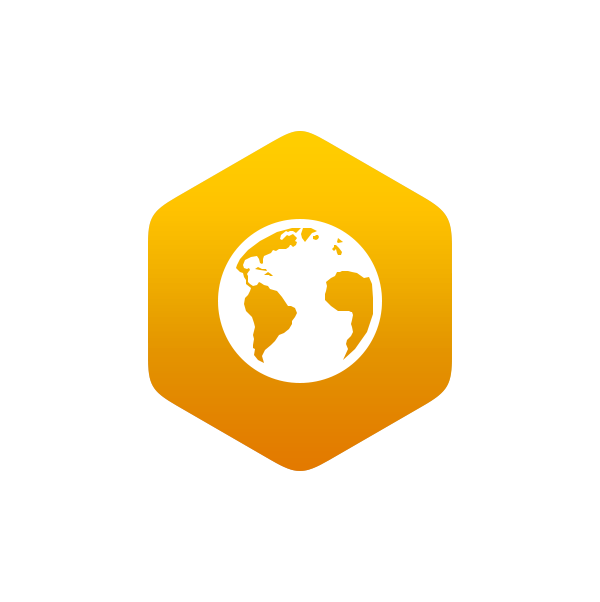Search
- Filter Results
- Location
- Classification
- Include attachments
- https://geo.libretexts.org/Courses/Gettysburg_College/Book%3A_An_Introduction_to_Geology_(Johnson_Affolter_Inkenbrandt_and_Mosher)/09%3A_Water/9.03%3A_Water_CycleThe water cycle describes how water changes between solid, liquid, and gas (water vapor) phases and changes location. Water can be evaporated, which is the process where a liquid is converted to a gas...The water cycle describes how water changes between solid, liquid, and gas (water vapor) phases and changes location. Water can be evaporated, which is the process where a liquid is converted to a gas. Solar energy warms the water sufficiently to excite the water molecules to the point of vaporization. Evaporation occurs from surface water bodies such as oceans, lakes, and streams and the land surface.
- https://geo.libretexts.org/Courses/California_State_University_Los_Angeles/Book%3A_An_Introduction_to_Geology_(Johnson_Affolter_Inkenbrandt_and_Mosher)/14%3A_Water/14.03%3A_Water_CycleThe water cycle describes how water changes between solid, liquid, and gas (water vapor) phases and changes location. Water can be evaporated, which is the process where a liquid is converted to a gas...The water cycle describes how water changes between solid, liquid, and gas (water vapor) phases and changes location. Water can be evaporated, which is the process where a liquid is converted to a gas. Solar energy warms the water sufficiently to excite the water molecules to the point of vaporization. Evaporation occurs from surface water bodies such as oceans, lakes, and streams and the land surface.
- https://geo.libretexts.org/Courses/Coastline_College/An_Introduction_To_Geology_-_Coastline_College/10%3A_Water/10.02%3A_Water_CycleThe water cycle describes how water changes between solid, liquid, and gas (water vapor) phases and changes location. Water can be evaporated, which is the process where a liquid is converted to a gas...The water cycle describes how water changes between solid, liquid, and gas (water vapor) phases and changes location. Water can be evaporated, which is the process where a liquid is converted to a gas. Water can also reverse this process and convert back into liquid, which is called precipitation (or rainfall).
- https://geo.libretexts.org/Courses/Fullerton_College/Introduction_to_Earth_Science_(Ikeda)/11%3A_Water/11.01%3A_Water_CycleThe water cycle describes how water changes between solid, liquid, and gas (water vapor) phases and changes location. Water can be evaporated, which is the process where a liquid is converted to a gas...The water cycle describes how water changes between solid, liquid, and gas (water vapor) phases and changes location. Water can be evaporated, which is the process where a liquid is converted to a gas. Solar energy warms the water sufficiently to excite the water molecules to the point of vaporization. Evaporation occurs from surface water bodies such as oceans, lakes, and streams and the land surface.
- https://geo.libretexts.org/Courses/Fullerton_College/Introduction_to_Geology/11%3A_Water/11.01%3A_Water_CycleThe water cycle describes how water changes between solid, liquid, and gas (water vapor) phases and changes location. Water can be evaporated, which is the process where a liquid is converted to a gas...The water cycle describes how water changes between solid, liquid, and gas (water vapor) phases and changes location. Water can be evaporated, which is the process where a liquid is converted to a gas. Solar energy warms the water sufficiently to excite the water molecules to the point of vaporization. Evaporation occurs from surface water bodies such as oceans, lakes, and streams and the land surface.

